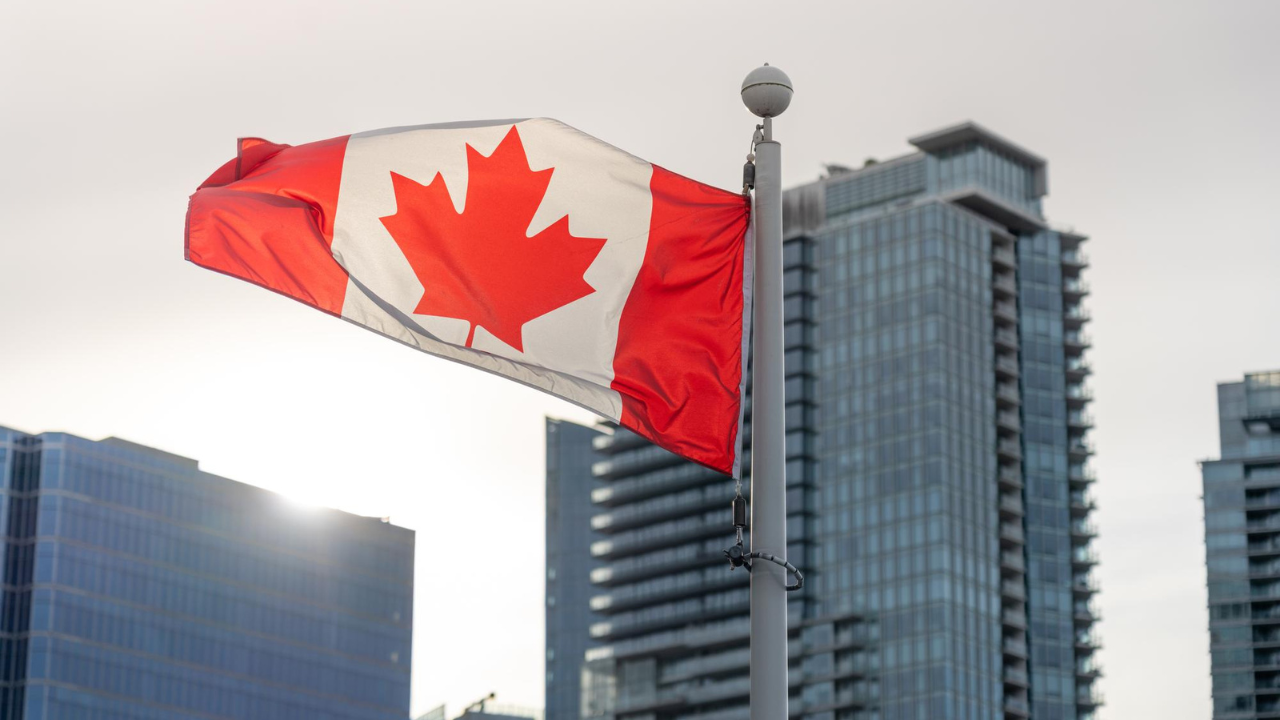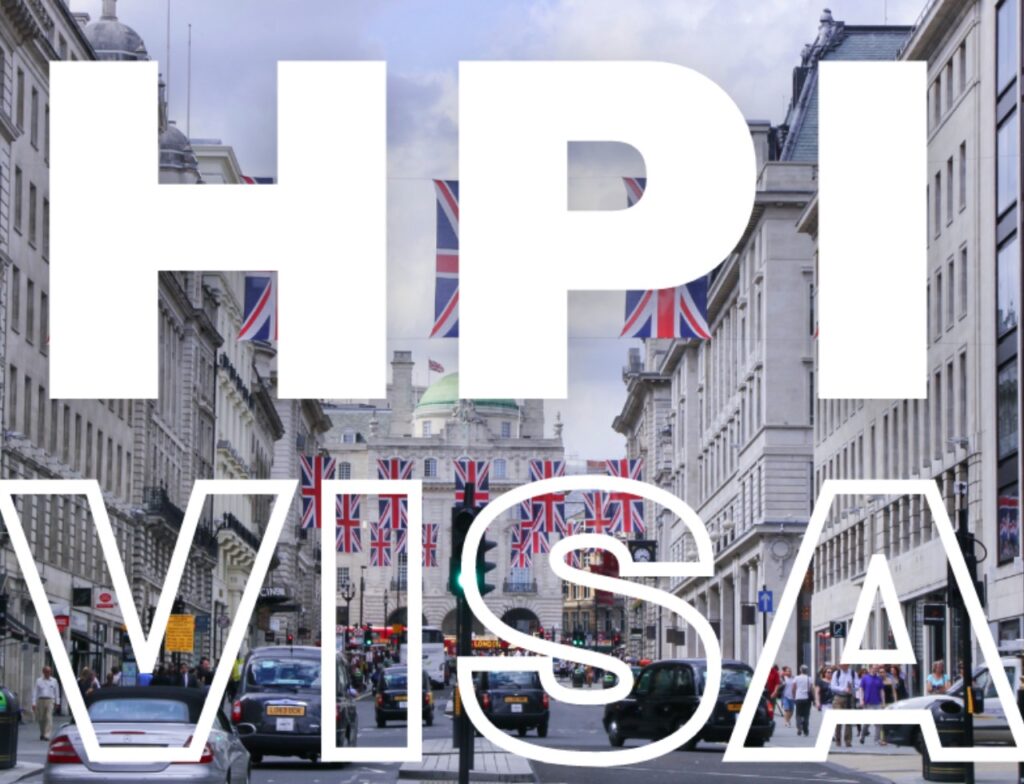Canada has announced a significant policy change: it will no longer issue post-graduate work permits for foreign nationals at Canadian ports of entry. This decision aims to reduce the practice of flagpoling and allocate more time for border officers to complete essential enforcement activities. The new policy is expected to reduce delays for travelers and expedite the movement of commercial goods between Canada and the United States, according to Immigration, Refugees, and Citizenship Canada (IRCC).
What is flagpoling?
Flagpoling is a legal practice where temporary residents in Canada, such as those on work or study permits or holding a visitor visa or electronic travel authorization (eTA), exit and immediately re-enter Canada to access same-day immigration services. This method allows applicants to bypass normal processing times for work or study permits by leaving the country and re-entering to receive immediate services. Although legal, flagpoling has significantly strained border resources as officers are diverted from their primary duties to handle immigration work.
Why Canada Stopped Post-Graduate Work Permits at the Border
The IRCC’s decision to halt postgraduate work permits at ports of entry is driven by several factors:
Resource Allocation: Processing applications from flagpolers requires substantial time and effort, diverting officers from critical enforcement activities.
Border Efficiency: Reducing the number of flagpoles allows border officers to focus more on ensuring the safety, security, and prosperity of both Canadian and American citizens.
Commercial Flow: The move aims to alleviate delays for travelers and expedite the movement of goods across the border.
Official Statements
“Flagpoling is a legal practice by which eligible temporary residents can receive immigration services by exiting and returning to Canada through a designated port of entry within 24 hours. The process provides an opportunity to skip long waiting periods and processing times,” the IRCC stated.
Marc Miller, Canada’s immigration minister, emphasized the importance of this measure: “The time and effort required to process applications from ‘flagpolers’ takes officers on both sides of the border away from their crucial role in protecting the safety, security, and prosperity of Canadians and Americans. This measure will help prevent this practice while maintaining the integrity of our immigration system.”
Impact on Temporary Residents
Temporary residents who have relied on flagpoling must now seek alternative methods to process their immigration applications. The IRCC strongly encourages maintaining valid legal status or having maintained status in Canada when leaving and re-entering. Newcomers who are out of status and attempt to use flagpoling services risk deportation.
Moving Forward
As Canada stops issuing postgraduate work permits at ports of entry, it is crucial for international students and temporary workers to stay informed about alternative application processes. This change underscores the importance of planning and adhering to immigration guidelines to ensure a smooth transition and continued legal status in Canada.
Conclusion
The decision to stop issuing postgraduate work permits at Canadian ports of entry marks a pivotal change in the country’s immigration policies. While it addresses resource allocation and border efficiency, it also poses new challenges for temporary residents. Staying updated on policy changes and understanding the implications are essential for anyone navigating the Canadian immigration system.





